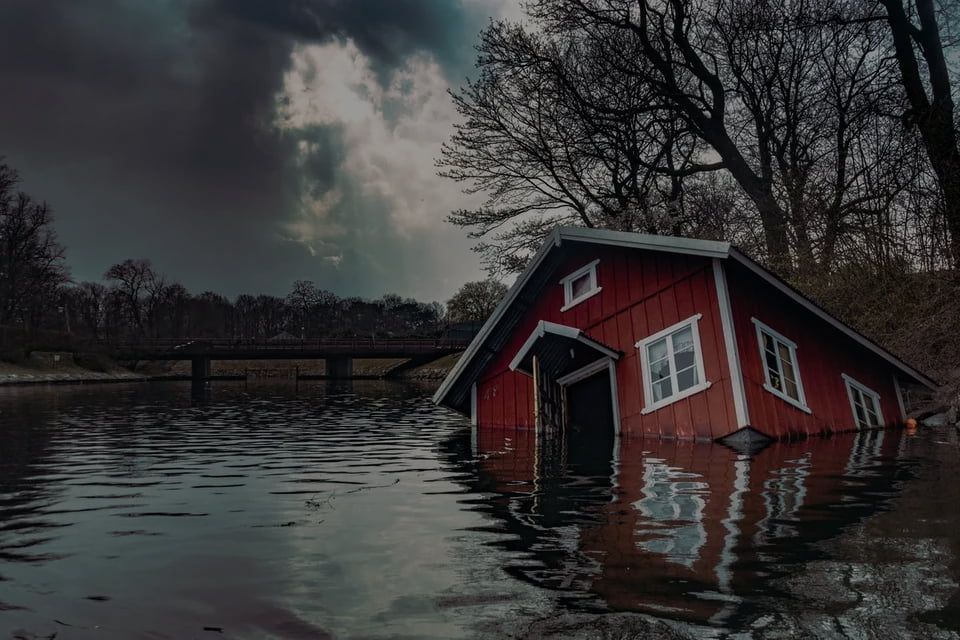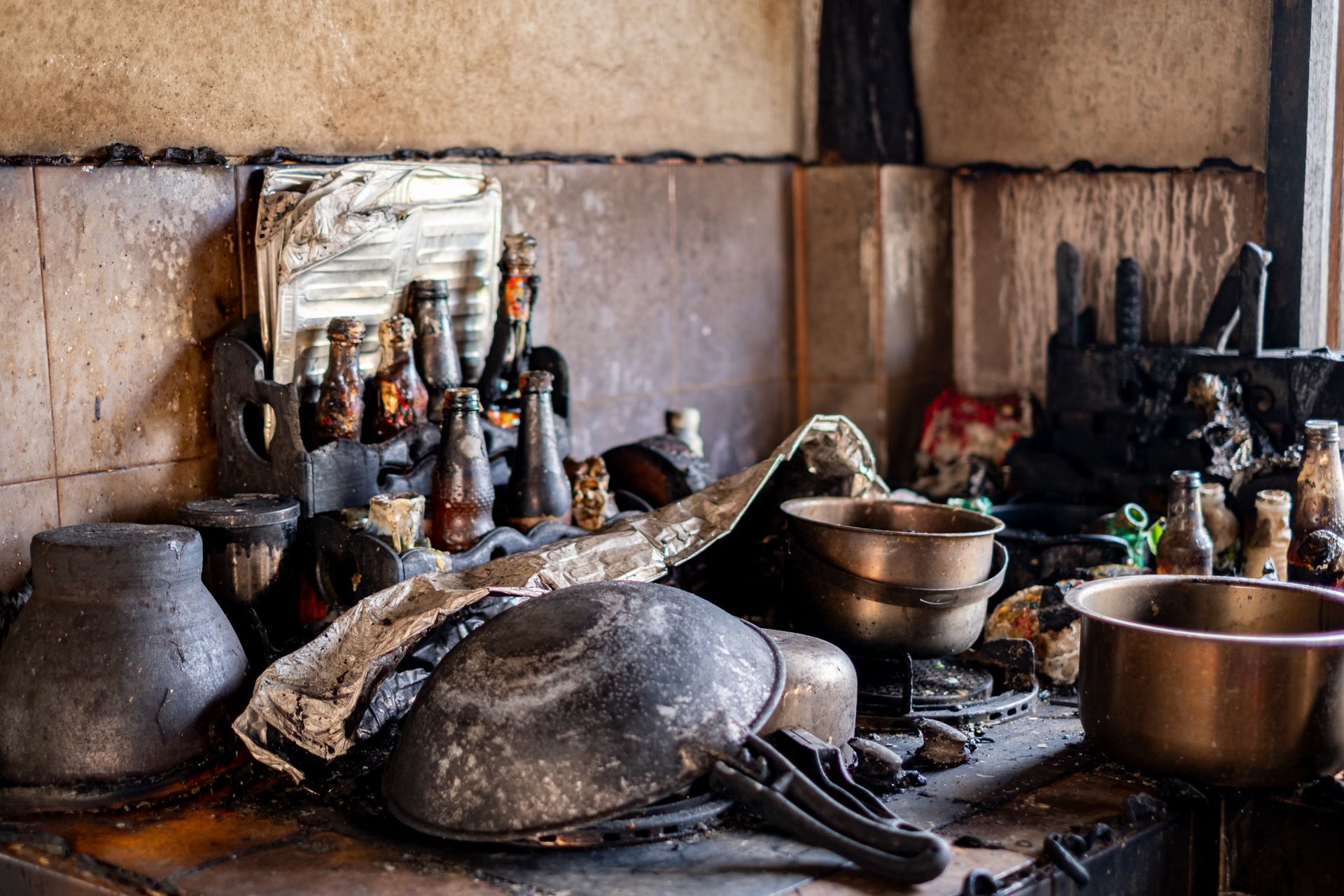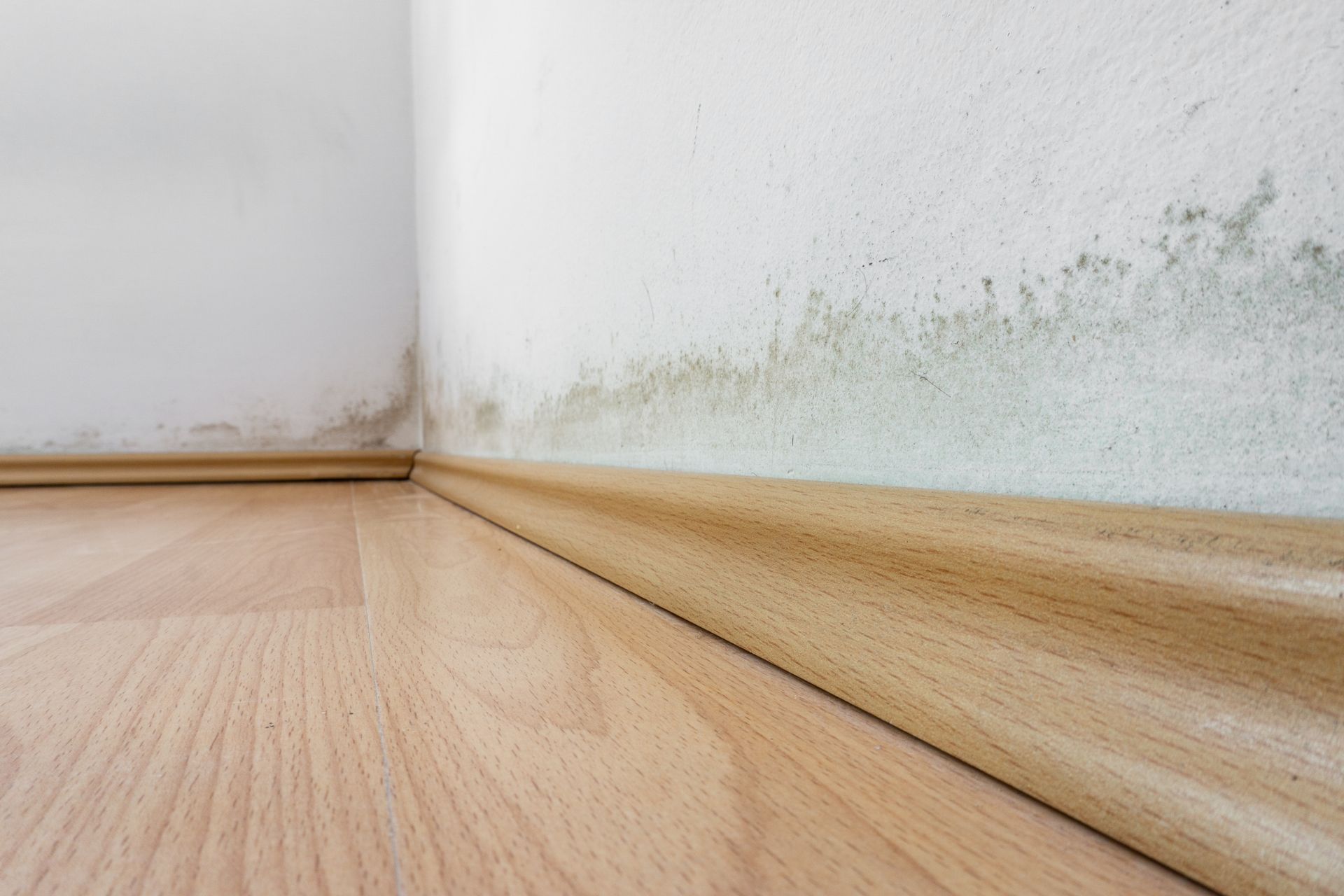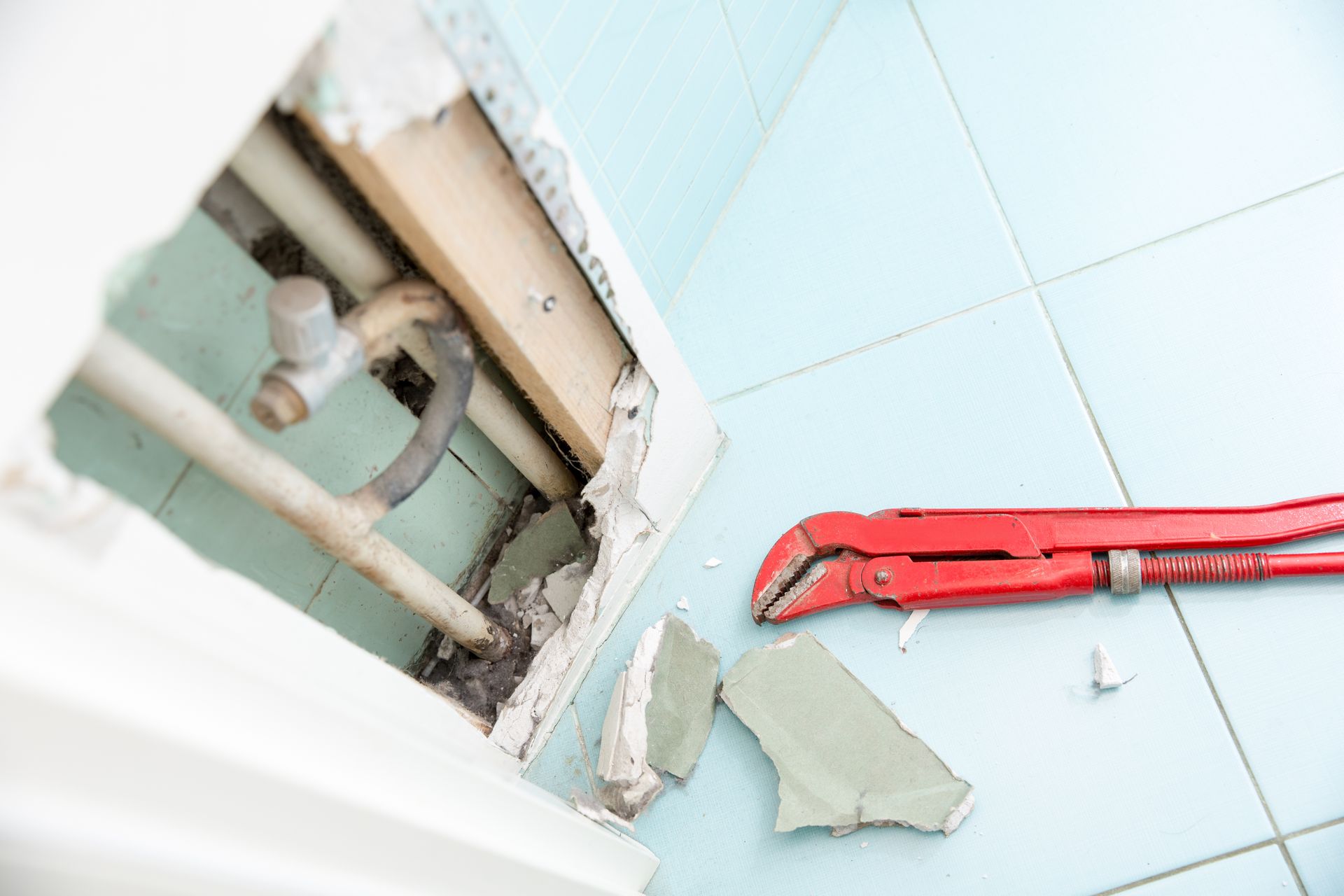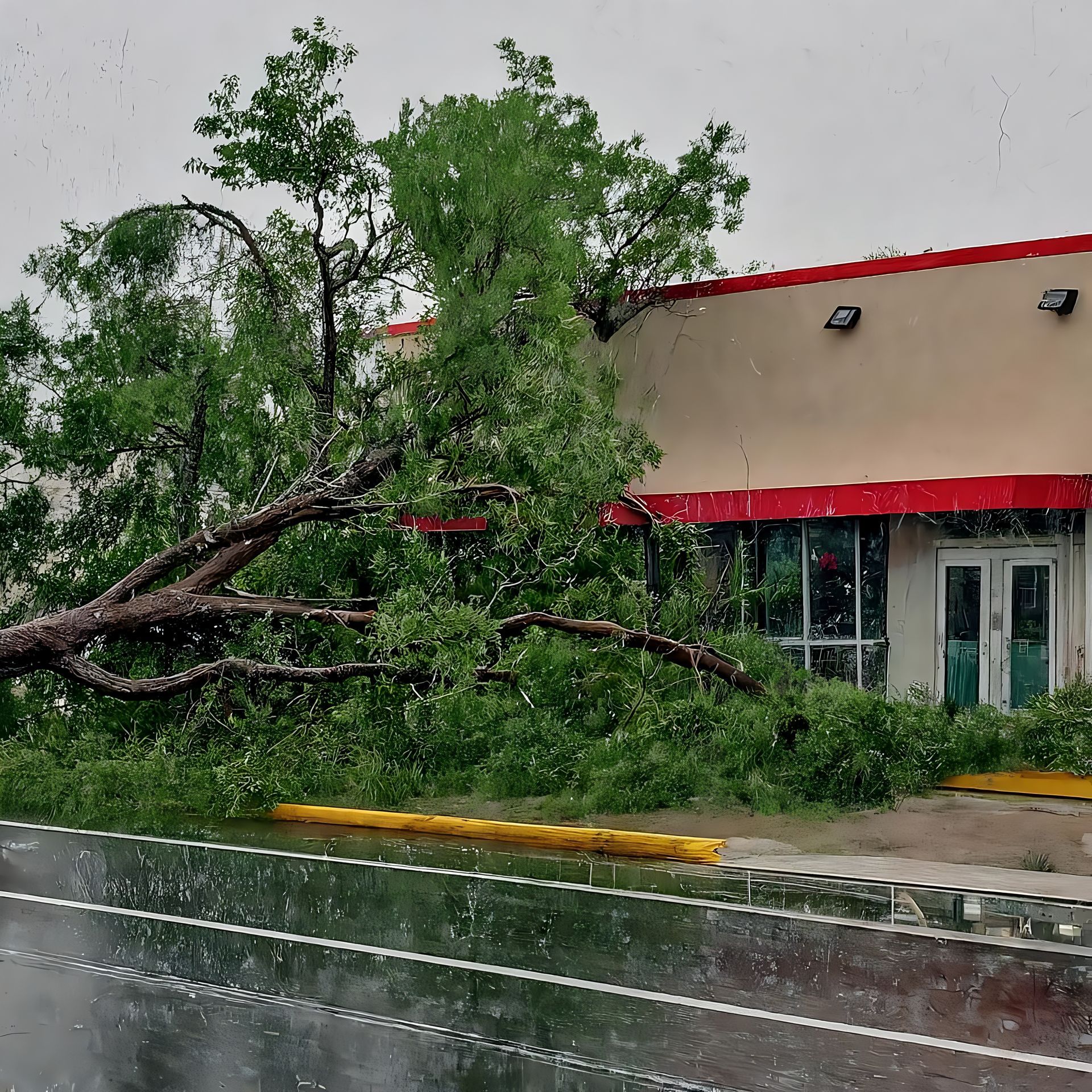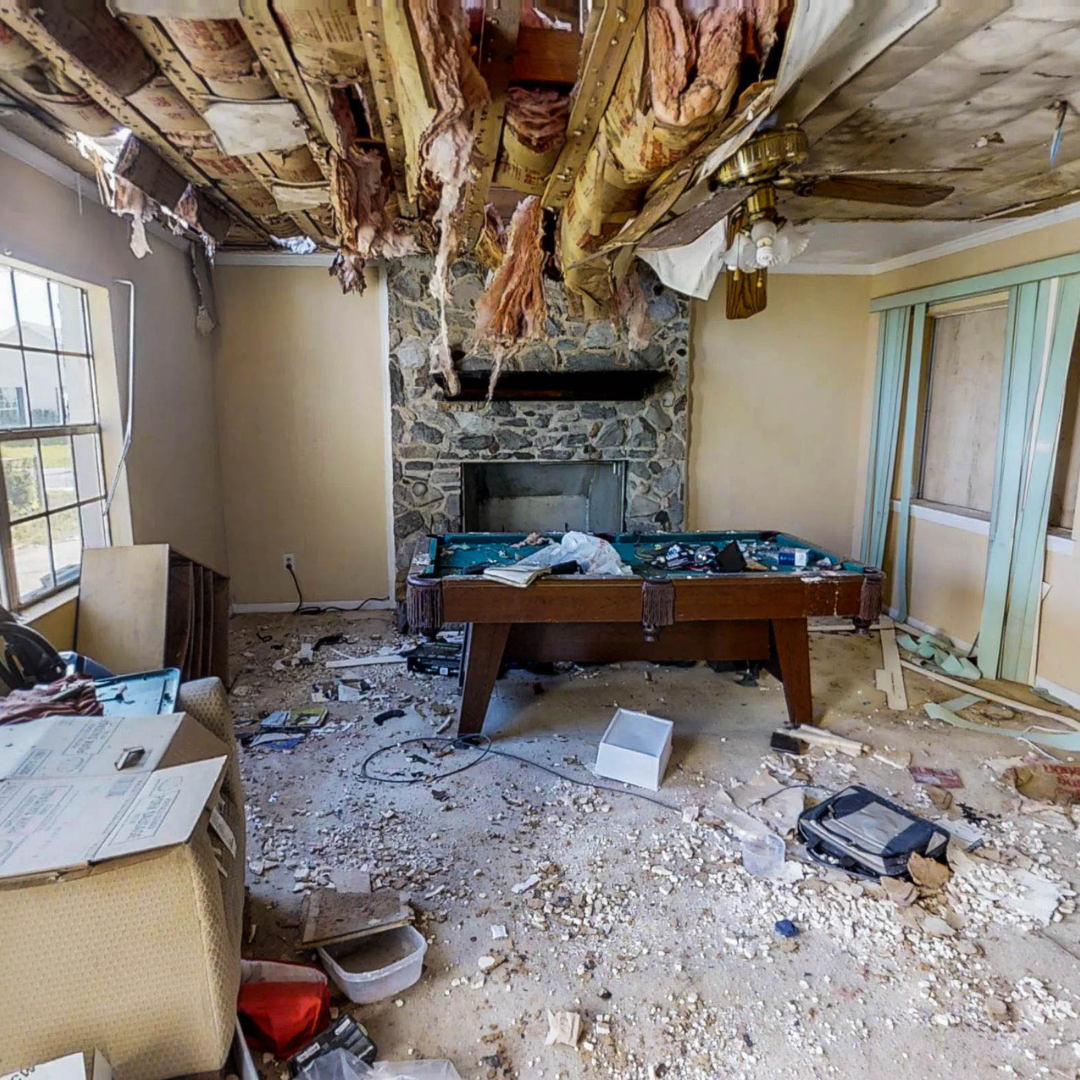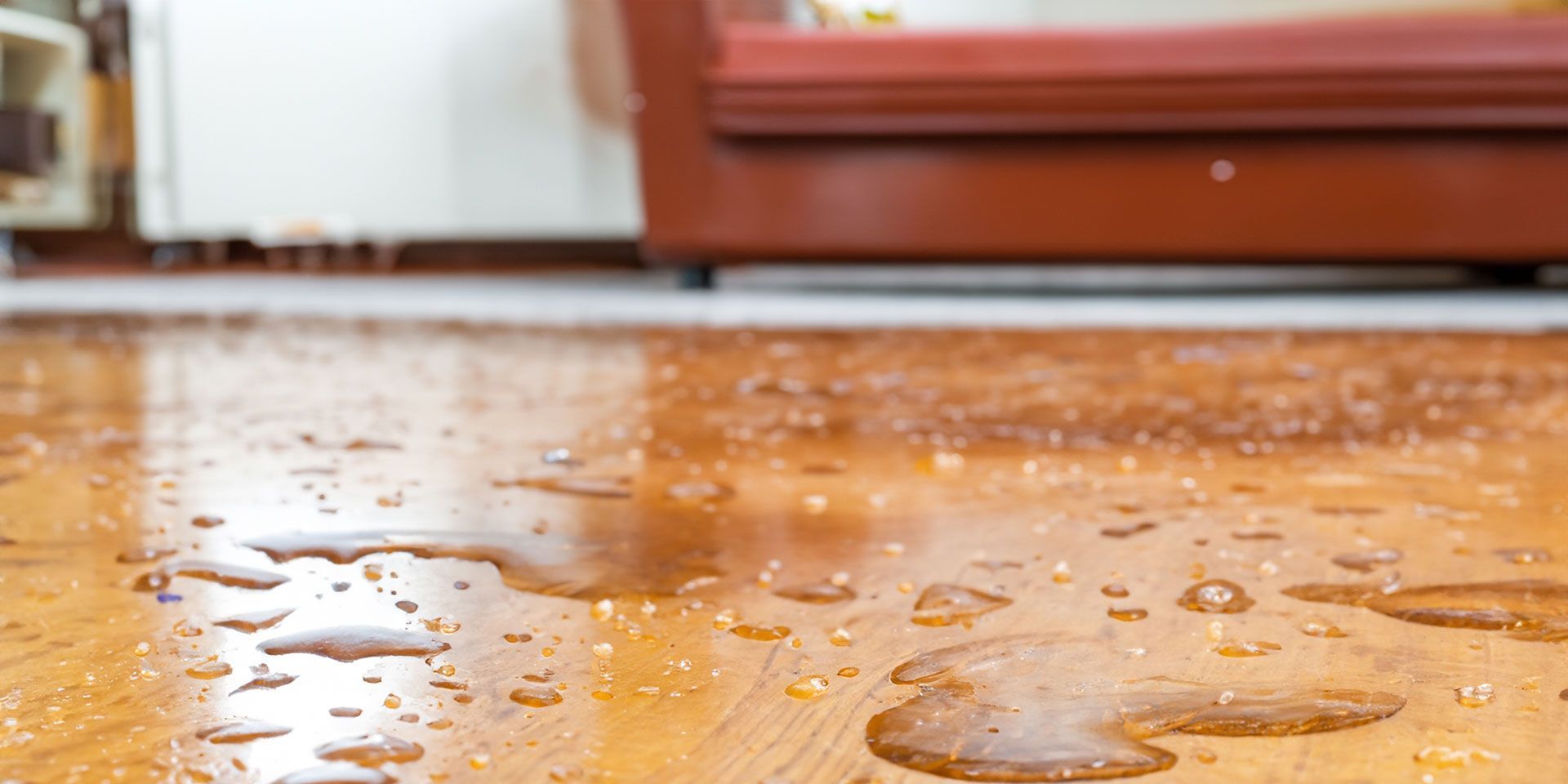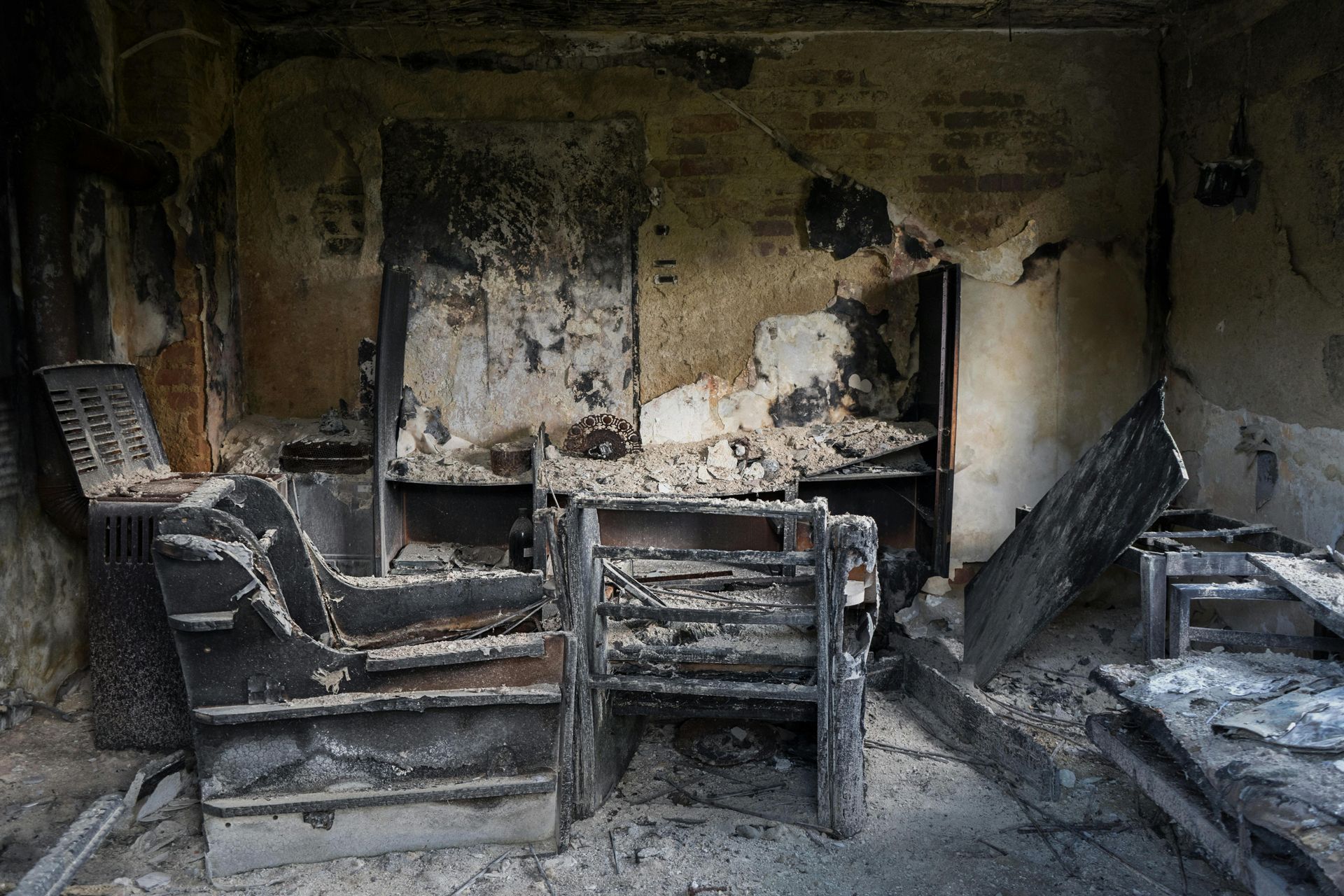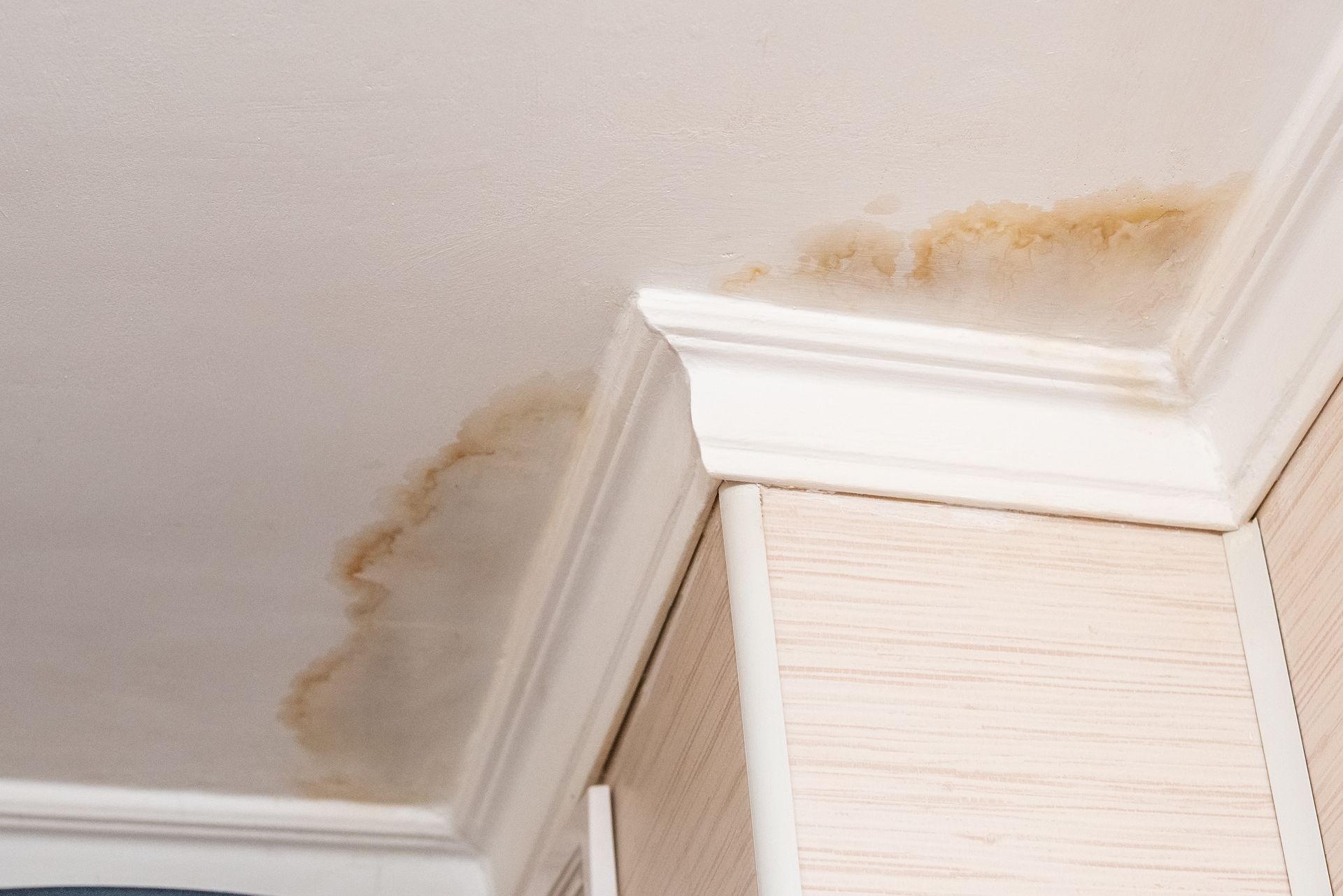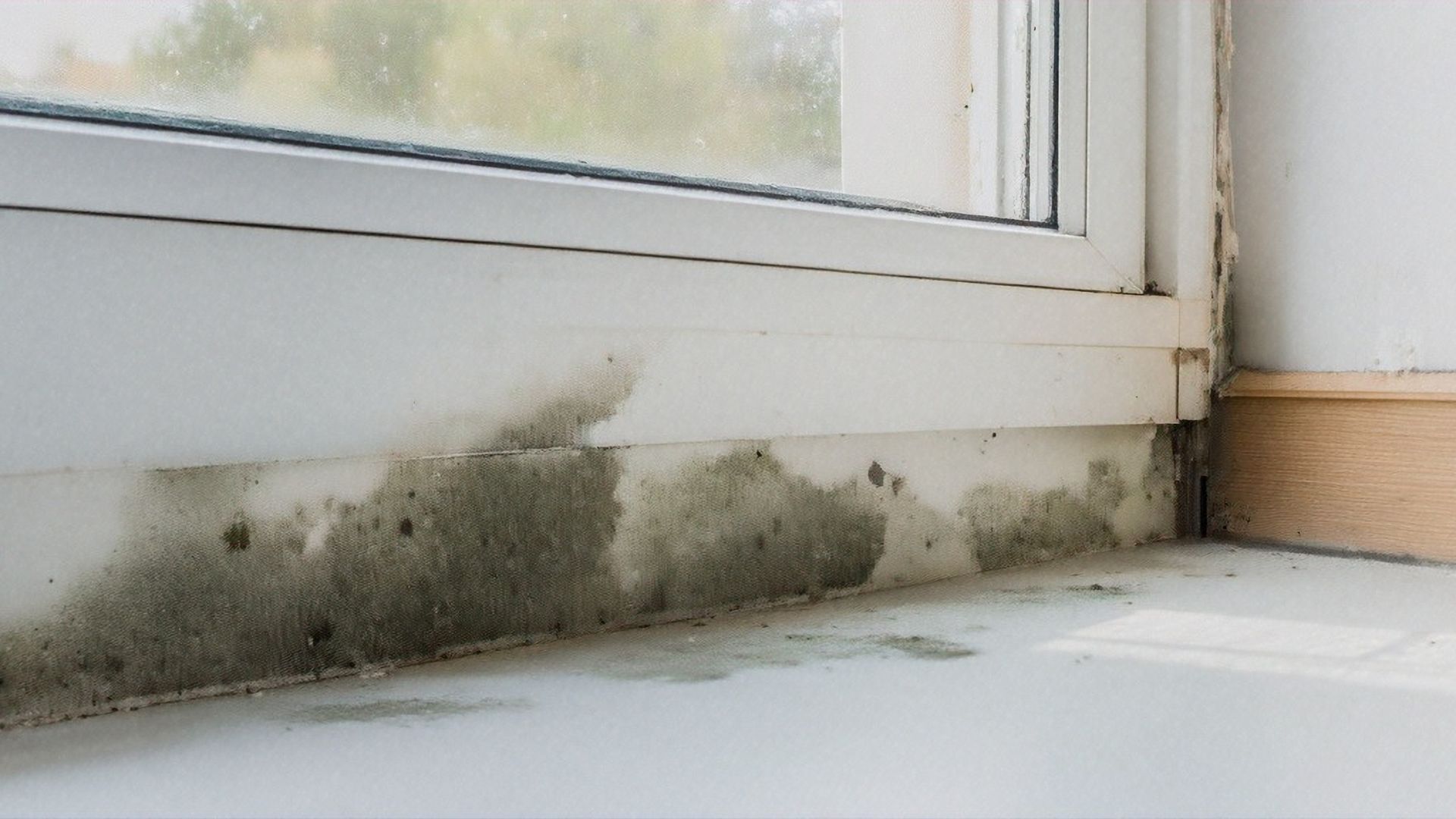May 19, 2025
Mold problems in Southern Indiana homes often develop silently, staying hidden until they become serious health hazards and costly property issues. Many homeowners in the Evansville area recognize mold as a household concern, yet few understand how significantly it can impact both family health and home value when left untreated. Understanding mold's effects on your property and wellbeing helps protect your investment and keeps your family safe. Whether you own a home, manage rental properties, or operate a business in the Evansville region, recognizing mold risks and taking prompt action prevents minor issues from becoming major problems. Understanding Mold Growth Conditions Mold colonies thrive in environments with three key elements: moisture, darkness, and poor ventilation. In Southern Indiana homes, basements, crawl spaces, bathrooms, and attics create ideal conditions for mold development. Water leaks, elevated humidity levels, inadequate ventilation, and flood damage all contribute to mold-friendly environments. Once mold spores contact moist surfaces, rapid growth begins. Mold colonies can establish and start spreading within 24 to 48 hours under optimal conditions, making early detection and quick response critical for preventing widespread contamination. Health Consequences of Mold Exposure Respiratory System Impact Prolonged inhalation of mold spores triggers various respiratory symptoms including persistent coughing, frequent sneezing, throat irritation, and breathing difficulties. Individuals with existing asthma, allergies, or chronic respiratory conditions face particular risks, as mold exposure can intensify symptoms and increase flare-up frequency. Allergic Response Development Mold exposure commonly causes itchy eyes, runny nose, skin rashes, and sinus congestion. Even people without previous allergy histories can develop mold sensitivities following extended exposure periods. Black Mold Health Concerns Stachybotrys chartarum, commonly called black mold, produces mycotoxins that may cause more severe health effects than typical household molds. While black mold occurs less frequently than other varieties, its presence requires immediate professional attention and specialized removal procedures. Increased Vulnerability for Certain Groups Young children, elderly individuals, and people with compromised immune systems experience heightened susceptibility to mold-related health effects. For Southern Indiana families, professional mold remediation represents essential health protection rather than simple property maintenance. Property Value Impacts from Mold Contamination Mold issues can significantly reduce property values and create obstacles for homeowners planning to sell or refinance their properties. Home Inspection Failures Real estate transactions typically include professional home inspections, and mold discovery often raises immediate red flags. Visible mold growth or evidence of past water damage can delay sales, prompt renegotiation of purchase prices, or cause deals to collapse entirely. Progressive Structural Deterioration Mold growth extends beyond surface-level problems. Over time, active mold colonies can damage drywall, ceiling materials, wooden structural elements, and insulation systems. This progressive deterioration requires expensive repairs and reduces overall property value. Insurance Coverage Complications Insurance providers may deny mold-related damage claims if they determine the contamination resulted from maintenance neglect. Such denials can create substantial out-of-pocket expenses, particularly when mold has caused extensive structural damage. Market Confidence Issues Even after completing professional remediation, documented mold problems can create buyer hesitation during future sales. Certified documentation from qualified mold remediation specialists like Restoration 1 of Evansville helps restore buyer confidence and supports property value recovery. Recognizing Hidden Mold Problems Mold contamination often develops in concealed areas before becoming visible. Watch for these warning signs that may indicate hidden mold growth: Persistent musty odors in specific rooms or areas Warped, discolored, or bulging drywall surfaces Peeling paint or wallpaper without obvious causes Ongoing allergies or respiratory symptoms that improve when away from home Water stains on ceilings, walls, or floors History of flooding, leaks, or moisture problems Professional mold inspection becomes advisable when any of these indicators appear, preventing minor contamination from spreading throughout the property. Risks of DIY Mold Removal Attempts Numerous online guides and retail products claim to eliminate mold problems, but these approaches typically address only surface growth while ignoring underlying causes. Effective mold remediation requires identifying moisture sources, containing affected areas, safely removing contaminated materials, and ensuring complete drying to prevent recurrence. Improper removal attempts can create additional problems by: Dispersing mold spores to previously unaffected areas Leaving hidden colonies that continue growing Exposing household members to concentrated airborne mold during removal Failing to address moisture problems that enabled initial growth Professional mold remediation provides permanent solutions, particularly important in Southern Indiana's humid climate conditions. Professional Mold Remediation Services in Evansville Restoration 1 of Evansville delivers comprehensive mold remediation services throughout Southern Indiana using IICRC-certified technicians and industry-standard procedures. Their systematic approach includes: Complete assessment and damage identification to determine the full scope of contamination Containment and isolation of affected areas to prevent cross-contamination Safe removal of contaminated building materials following established safety protocols Surface sanitization and treatment to eliminate remaining mold traces Air scrubbing systems to remove airborne spores from the environment Thorough drying and dehumidification to prevent future mold development The team also helps homeowners identify and address underlying causes such as ventilation problems, gutter issues, or plumbing leaks, ensuring mold problems do not return after remediation completion. Protecting Health and Property Value Mold problems require prompt professional intervention, as contamination worsens over time and becomes increasingly expensive to resolve. Whether you have discovered active mold growth, are involved in property transactions, or want assessment following water damage, Restoration 1 of Evansville provides reliable solutions. Their local team offers 24/7 availability for mold inspection and remediation services throughout the region. The company works directly with insurance providers and ensures property owners receive clear documentation of all remediation work performed. Contact Restoration 1 of Evansville at (812) 909-6424 or visit restoration1evansville.com to schedule your mold assessment today. Taking action at the first signs of mold protects both your family's health and your property investment, preventing minor issues from developing into major restoration projects.
